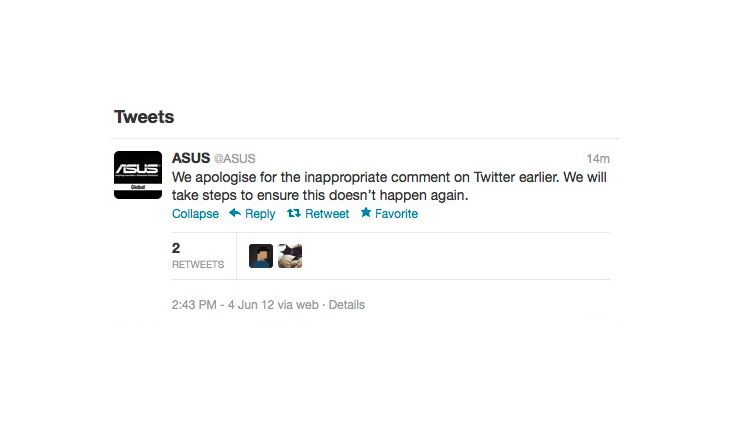 Without a social media policy, employers will find it more difficult to dismiss or even to discipline staff for posting inappropriate comments
Without a social media policy, employers will find it more difficult to dismiss or even to discipline staff for posting inappropriate commentsYou can discipline and in serious cases dismiss staff for posting negative comments about your business provided you have a policy which spells out what your staff can and cannot say about your company, its clients or users, or other people within the organisation. It is essential that your staff understand that these restrictions apply equally to information posted using their own phone/tablet in their own time, as those made in working hours using company equipment.
You should also think about where to draw the line. Is an absolute ban preventing employees from identifying themselves as being employed by your business reasonable? What about LinkedIn profiles? There is no one size fits all, but a middle ground might be to require employees who do identify you as their employer to maintain professional behaviour in their postings.
Attention Recruiters
See Live Jobs on SplitFee.org – Don’t Miss Out
It’s FREE if you Join Now!
Your social media policy should be consistent with other policies, particularly your harassment/bullying policy and disciplinary policy.
Without a social media policy, employers will find it more difficult to dismiss or even to discipline staff for posting inappropriate comments. To start with you will need to find out how much damage or potential damage has been caused to your business reputation – something you may prefer not to do, as it runs the risk of highlighting to a client, something that they may not be even aware of.
Even if you can show that your client might have read the blog etc, you should not take a disproportionate view of the damage that has, or could have been incurred.
Are we responsible for discriminatory comments made by our staff in their own time using their own devices?
You could be. Anything done by an employee in the course of their employment is treated as having also been done by the employer regardless of whether the employee’s acts were done with your knowledge or approval.
You will only be liable for your employees’ discriminatory actions if these are done “in the course of employment”, a term which is given a wide meaning. It will include conduct that takes place off the premises and out of normal working hours such as at social gatherings or parties organised or attended by the employer.
You should ensure that your employees understand that they should not post discriminatory comments about other members of staff, or customers on social networks – even on forums that they consider to be private as they have no control over whether their comments are forwarded or posted to other sites.
Staff who feel that they have been bullied by their colleagues in this way, will expect you to act to prevent further harassment. You should investigate their complaints and if substantiated, take appropriate action against the perpetrator.
It is worth remembering that there is a defence available to an employer if it can show that it took “all reasonable steps” to prevent the employee from doing the discriminatory act. To establish this you must:
• Have a policy in place to deal with social media issues,
• Provide training on the policy
• Deal with complaints promptly and consistently.
Here’s the COMPLETE set of Accredited Recruitment & HR courses







